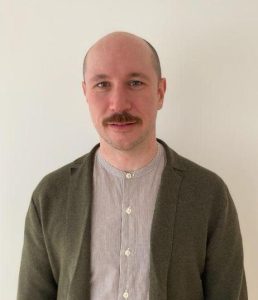-
GSWS 2001. Queer Theory
Queer theory began as an intellectual and activist movement in the 1990s that challenged dominant modes of thinking around desire, pleasure, intimacy, gender, identity and emotion. One of its central premises was that decentering eroticism from straight sex and moving gender beyond a male/female binary would allow for new methods to study society, power, and liberation. In this course, we study queerness as a theory of things that society sees as ‘weird,’ that ‘deviate’ from the so-called ‘straight’ paths of cis-heterosexuality or even normal political comportment. We will build on the knowledge practices of people whose bodies and experiences don’t fit dominant norms (gay, lesbian, trans, variously abled, polluted, racially stigmatized bodies), and we will think about what these knowledge practices can be applied to the politics of nationalism, terrorism, ecocide, and anti-Blackness. If queer once meant ‘weird’ before it applied to those weird people (i.e. LGBTQ people), in this class we will also learn to think weirdly—to use experimental writing and creative practices to brainstorm new ways that we can think of the world.
Course Goals:
- Unlearning. Queer theory involves as much unlearning as learning. We will become familiar with concepts like normativity, performativity and (dis)orientation in order to critically understand how we have been socialized in the world according to dominant racist, sexist, ablest, and homophobic and cisgendered standards. By examining how these standards become ‘common sense,’ we will work on dismantling them.
- Experimental and Imaginative Thinking. After you have critiqued everything, then what? Queer theory involves not only dismantling sexual and gender normativities, but then imagining alternatives. We will read and appreciate how others have used queerness to envision alternative worlds and think through ‘non-straight’ paths to get to those worlds. Through close readings, creative writing and communication exercises, we will practice experimental techniques that help us envision alternative possibilities for the communities each of us care about.
 Professor Jay Sosa
Professor Jay Sosa
Ham House 102
207-721-5031
[email protected]
bowdoin.edu/profiles/faculty/jsosa